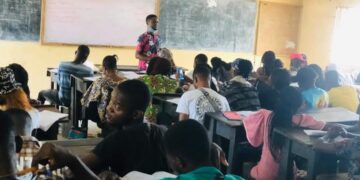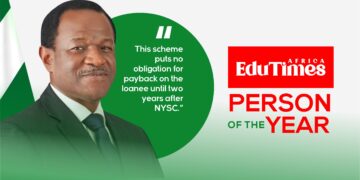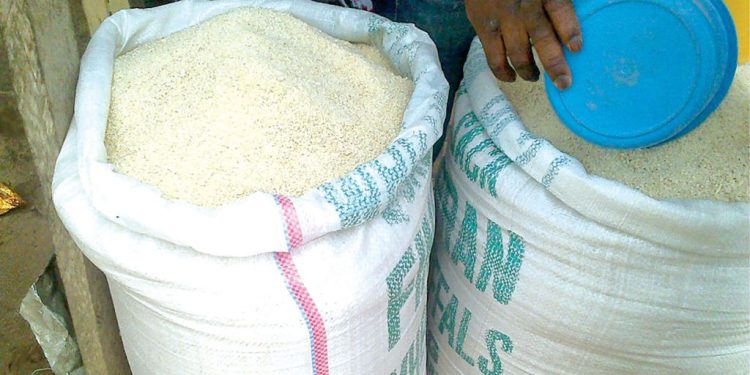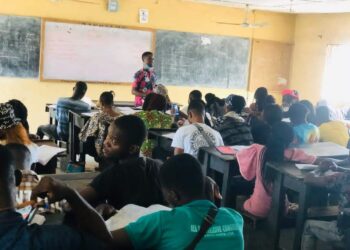The Nigerian curriculum is very fit for the Nigerian child. Is it old and archaic? I beg to differ. Why? Because it has been able to allow its beneficiaries adapt to the changing world without having any issues. I used to be a proponent of the entire overhaul of the curriculum till I took out time to really examine the curriculum and found out that it really is a well thought out plan.
I think our first question should be what’s a curriculum? Acoording to Rhode Island Department of Education, “Curriculum is a standards-based sequence of planned experiences where students practice and achieve proficiency in content and applied learning skills. Curriculum is the central guide for all educators as to what is essential for teaching and learning, so that every student has access to rigorous academic experiences.” I would like to add that a curriculum and it’s design is solely dependent on the context of the social fabric a child is being raised in.
SIMILAR ARTICLES: Garri and Sand (PART 2)
The Magic of Personal Motivation
Positioning for Career Success (The “How”)
For example, in a Tedtalk she was featured in, Chika Ezeanya-Esiobu highlights how ‘a is for apple’ didn’t fit our context in Nigeria because we don’t grow apples in Nigeria. She further explained how this caused her to be less appreciative of her environment and less appreciative of her ancestry because she struggled to reconcile her formal education with her own reality.
This ‘a for apple’ is part of the sand in our Garri.
True, our curriculum was largely dependent on the British who brought formal education to us. However, through the years it has been adapted to fit the conditions surrounding us while we learn.
If the curriculum is referred to as archaic because we want it to be replaced with British curriculum or an American one, then it’s just all talk without proper research. We cannot raise our kids to go out and thrive somewhere else. We have to raise learners to do well and be leaders in our nation, without having to go anywhere to be trained.
This curriculum we have is fit for this purpose but what we lack are methods; in this regard people or researchers to help us enhance the curriculum to better fit our social construct, and administrators to ensure words on paper become actions carried out.
Why should the learning of the three major Nigerian languages in schools be an option? Why don’t we have math textbooks in Yoruba, Igbo and Hausa? Why don’t we make compulsory the learning of Igbo as a second language in Northern Nigeria and Hausa as a second language in southwestern Nigeria? What’re the words for density and upthrust in Yoruba? Have we really considered all the factors that make a lot of youths give up on school? One of them could be, like Chika Ezeanya-Esiobu’s problem was, reconciling school with everyday life. Why are Nigerians all over doing well after graduating from secondary schools in Nigeria?
Our curriculum is great as is but can be better if it’s adapted to ensure it is tailor-made for Nigerians to thrive in Nigeria and anywhere else in the world.
In our next issue, we’ll examine the success of our curriculum as well as the success of others and also areas where it might be lacking.
SIMILAR ARTICLES: Garri and Sand (PART 2)
The Magic of Personal Motivation
It’s never too early… It’s never too late
________________________________ By Yosola Nwangwu | PHOTO: www.guardian.ng







































































 EduTimes Africa, a product of Education Times Africa, is a magazine publication that aims to lend its support to close the yawning gap in Africa's educational development.
EduTimes Africa, a product of Education Times Africa, is a magazine publication that aims to lend its support to close the yawning gap in Africa's educational development.

